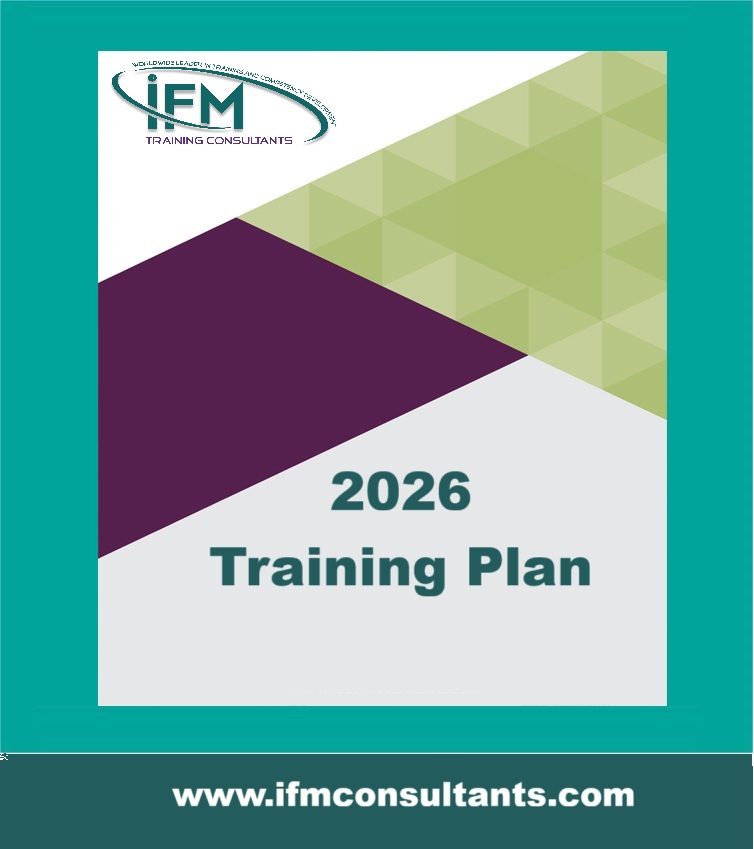Tank Farm Operation and Performance Training
| Start Date | End Date | Venue | Fees (US $) | ||
|---|---|---|---|---|---|
| Tank Farm Operation and Performance Training | 30 Nov 2025 | 04 Dec 2025 | Riyadh, KSA | $ 3,900 | Register |

Tank Farm Operation and Performance Training
| Start Date | End Date | Venue | Fees (US $) | |
|---|---|---|---|---|
| Tank Farm Operation and Performance Training | 30 Nov 2025 | 04 Dec 2025 | Riyadh, KSA | $ 3,900 |
Introduction
This program provides a general introduction to Aboveground Storage Tanks (ASTs), covering the basic guidelines for design, construction, inspection and maintenance, as well as an overview of pertinent tank regulations. Various types of tanks and floating roofs will be described, as well as tank fittings and appurtenances. Topics such as catholic protection, coatings and linings, tank cleaning, safety, foundations, and typical tank failures will also be addressed. Perfect for new employees or as a "refresher" for experienced personnel, this program offers something for everyone who works with tanks. This workshop provides a quick-paced overview of ASTs as well as the key “basics” that everyone in the industry needs to know. This course provides a detailed overview of Aboveground Storage Tanks (ASTs), covering more advanced tank design, seismic and inspection considerations, fire protection systems, floating suctions and skimmers, and an update on industry standards. Evaporation loss and emission calculations are also discussed, along with a regulatory review. This course is structured for those who have a basic knowledge of ASTs and are interested in more advanced, detailed technical information. Whether you have just recently mastered the basics and want to learn more, or are a “seasoned” tank veteran, this program will take you to the next level. This is an ideal opportunity to learn not only from expert instructors but also from your peers in the industry. This is an excellent course for those who have previously attended Introduction to Tanks.
Objectives
- Assess the configuration, operation and management practices of tank farms in terms of facility capacity, operational effectiveness, and the cost/benefit of feed, intermediate and product storage
- Appreciate the importance of codes, standards, regulations & recommended practices in terms of hazard management and incident scenario layer of protection safeguarding
- Identify the different types & classifications of tanks and their applications
- Understand considerations of materials-of-construction & various corrosion protection strategies and tactics including cleaning, coating, & cathodic protection
- Become familiar with fire protection of tanks & tank farms: venting, frangible roofs, flame & detonation arrestors, protection from ignition by static electricity, principles & practices of bonding and grounding, principles of inverting, electrical classification, selection criteria for fire suppression systems
- Become familiar with principles, practices & benefits of “Fire System Integrity Assurance”
- Apply tank emission control measures & procedures to satisfy regulatory requirements
- Understand the principles, preparations, & practices associated with tank cleaning, entry, & inspection & repair
- Use a system approach on tank operations including tank entry, tank bottoms, sludge, source reduction, mitigation, vapor freeing, degassing and tank cleaning
- Determine the various tank accessories used in the tank & tank farm design, operation, inspection & maintenance and be able to explain their features & function
Upon the successful completion of the course, participants will be able to:-
Training Methodology
The training methodology is interactive with group exercises and is suitable for all employees involved in functions management. The pace and level of the training workshop is customized to the understanding of the delegates. Ongoing back-up and support is available after the training on request to the supplier, and the training course is also available for in-house presentation as well as for “Competency Transfer"
Who Should Attend?
- Tank Farm Managers, Superintendents, Supervisors, Foremen and Operators
- Oil Storage and Export Managers, Superintendents, Supervisors, Foremen and Technicians
- Maintenance Engineers/Planners, Superintendents, Supervisors, Foremen and Technicians
- Inspectors and Engineers involved with storage tank design, maintenance and inspection
- Process Engineers, Supervisors, Foremen and Technicians
- Section Heads and Shift Supervisors
- Senior Operators and Plant Operator
Course Outline
Day 1: Introduction to Tanks
- Welcome & Introductions
- Types of Tanks
- Tank Standards – General
- Tank Inspection
- Tank Regulations – General
- Floating Roofs & Seals
- Tank Appurtenances
- Tank Maintenance & Repair
- Summary/Q&A
Day 2: Introduction to Tanks
- Review/Q&A
- Catholic Protection
- Foundations
- Leak Detection & Secondary Containment
- Gauging & Overfill Protection
- Coatings & Linings
- Tank Cleaning
- Safety Considerations
- Typical Tank Failures
- Summary/Q&A
Day 3: Advanced Tanks
- Advanced Tank Standards & Design Considerations
- Tank Emissions – API 19.2 – EPA Tanks 4 Program
- Fire Protection Systems - NFPA 30
- Floating Suctions/Skimmers
- Tank Regulations
- Seismic Design Considerations
- Advanced Inspection Considerations
- Industry Standards Update
- Summary/Q&A
Day 4: Safe Tank Entry
- Confined Space Identification and Hazard Recognition
- Confined and Non-Confined Spaces
- Confined Space Hazards
- Administration and Classification
- Administration
- Permit Required Confined Space Program
- Permits
- Contractors
Day 5: Safe Tank Entry
- Hazard Recognition, Evaluation, and Control
- Hazard Recognition
- Atmospheric Monitoring
- Atmospheric Control
- Personal Protection
- Special Work Practices
- Emergency Response, Rescue, and First Aid

















